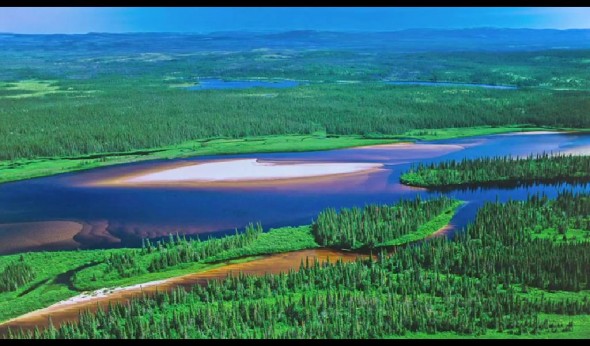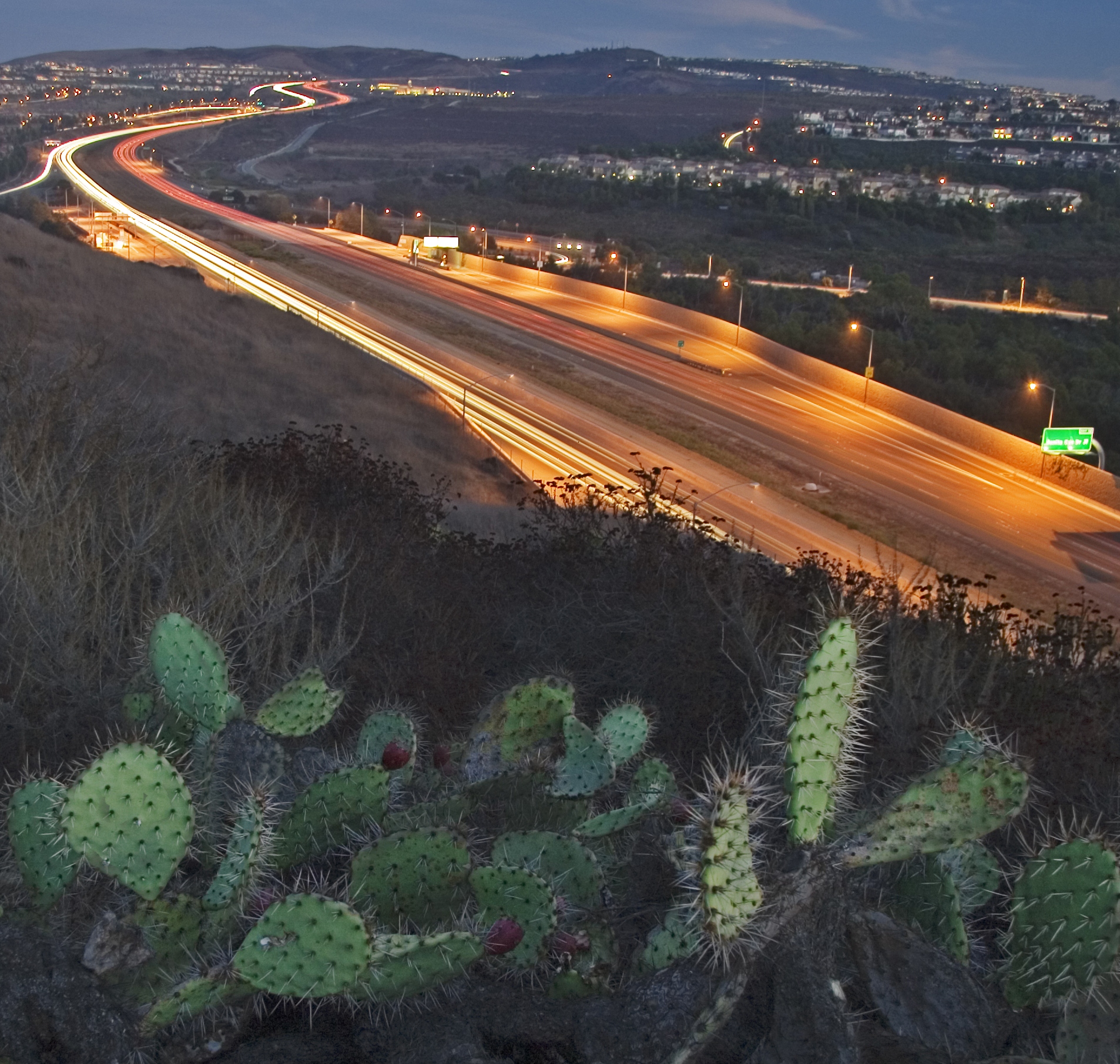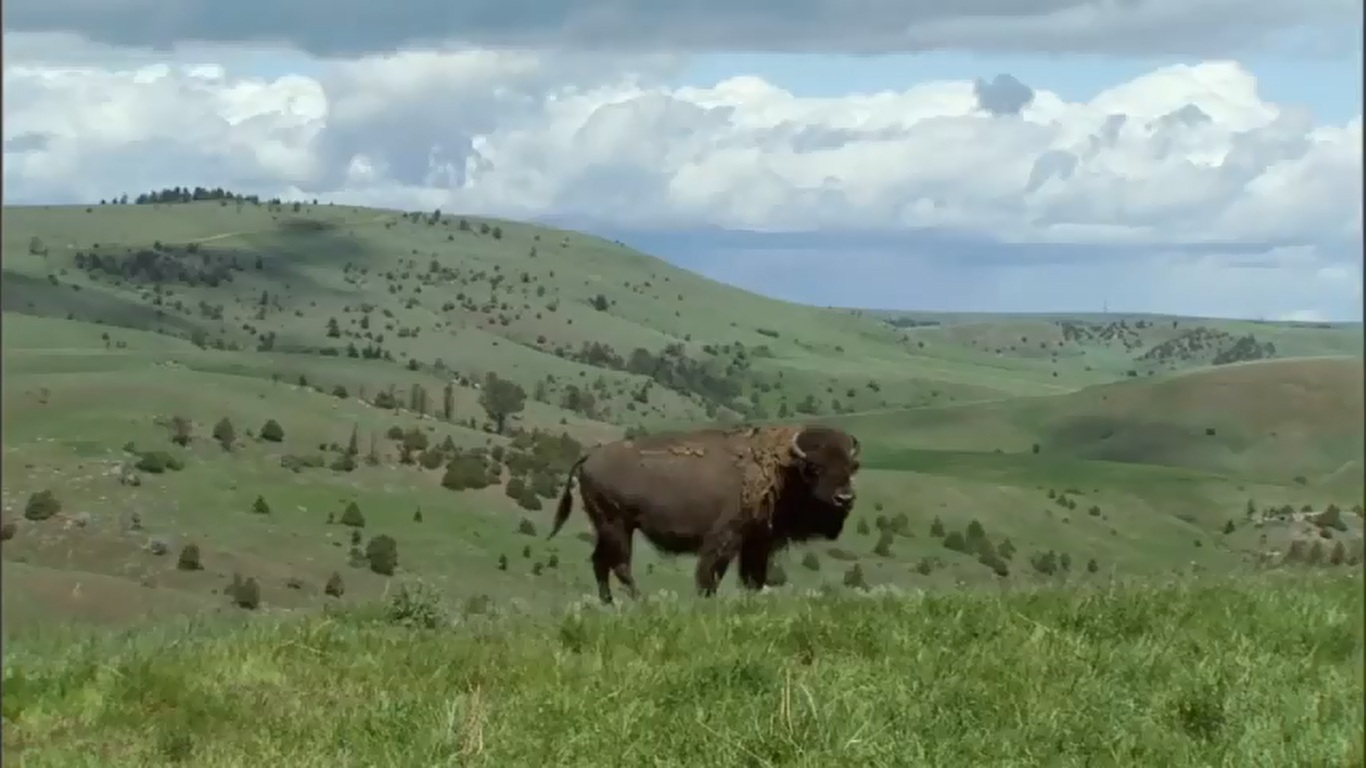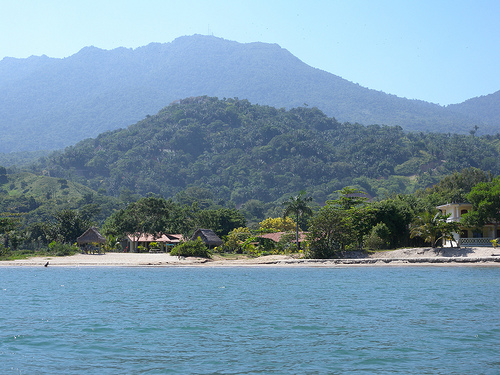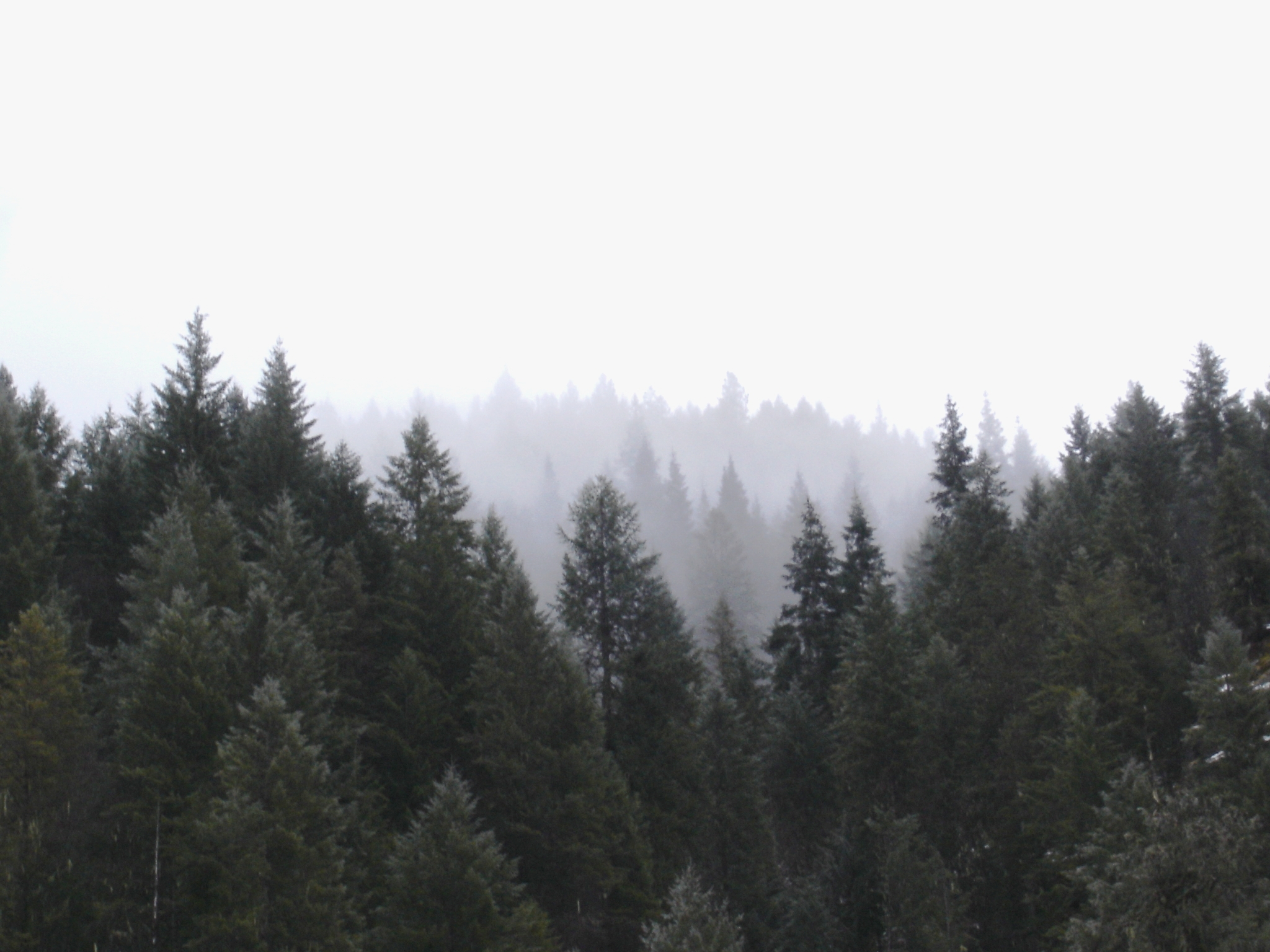The Earth has a voice. And the fact that any native people have survived on the planet should be a clue that there’s a way that does not include money and politics. We have survived by our relationship with natural force. Water is sacred. Air is sacred. If the tar sands isn’t stopped, we are going to have a whole new set of problems.
Author: Jack Eidt
Toll Lanes as Congestion Management: Mobility for the Wealthy Few
Converting freeway lanes to tollways in the name of congestion management, without viable transit alternatives, will only reduce mobility for the majority in exchange for wealthy drivers getting to work on time.
Dietary Fasting: Detoxification, Spirit Healing and Rejuvenation
We are cut off from the healing calm of nature, we drive in gridlock inhaling carbon monoxide, and spend our leisure enclosed in a cold dark movie theater or dine at all-you-can-eat fried-food-extravaganzas. Hence, people often undertake a number of calorie-limiting diets and fasting regimes, which also may include connecting with the forests and oceans or communing with animals out in the wilds.
Maya Deren: Divine Horsemen Dance the Living Gods of Haiti
“Divine Horsemen: The Living Gods of Haiti” journeys into the world of the Vodoun religion, communing with the drums and loa rituals, made by avant-garde filmmaker Maya Deren between 1947-1951.
Mythology of the Crow: Love Trials of the Magic Buffalo Wife
An Apsáalooke Crow man falls in love and has a child with the magical Buffalo Woman, which requires him to prove his love and devotion to her and her Buffalo Nation.
Model Cities: Neo-Colonialists Seek Submissive Wild For Capitalist Utopia
Neo-colonialism in Honduras: Paul Romer’s Charter Cities movement advocated suspension of sovereignty and democracy in the service of unfettered capitalism. Unfortunately, the enabling legislation was deemed by the Honduran Supreme Court as unconstitutional. While the coup-backed government of Honduras presses the issue forward, resistance members and indigenous and labor organizations continue to fight this libertarian dream on the Coast of Trujillo.
Do Forests Drink Water Meant for Humans?
Wesleyan University academics argue “unnatural” forests, resulting from fire suppression policies, deplete water supplies and should be cut back. We disagree.

